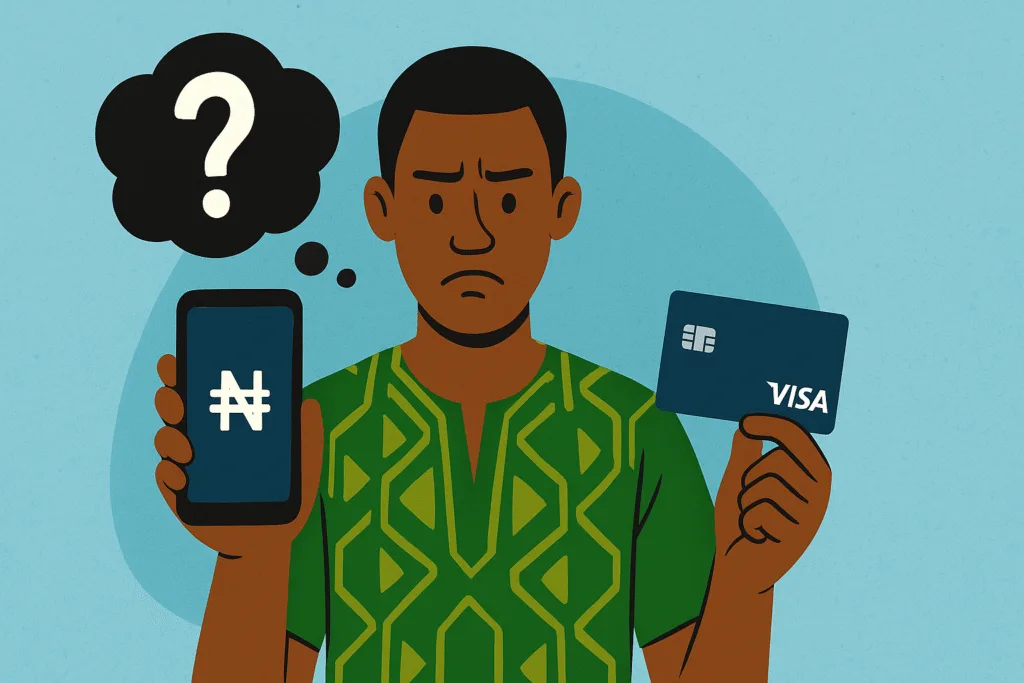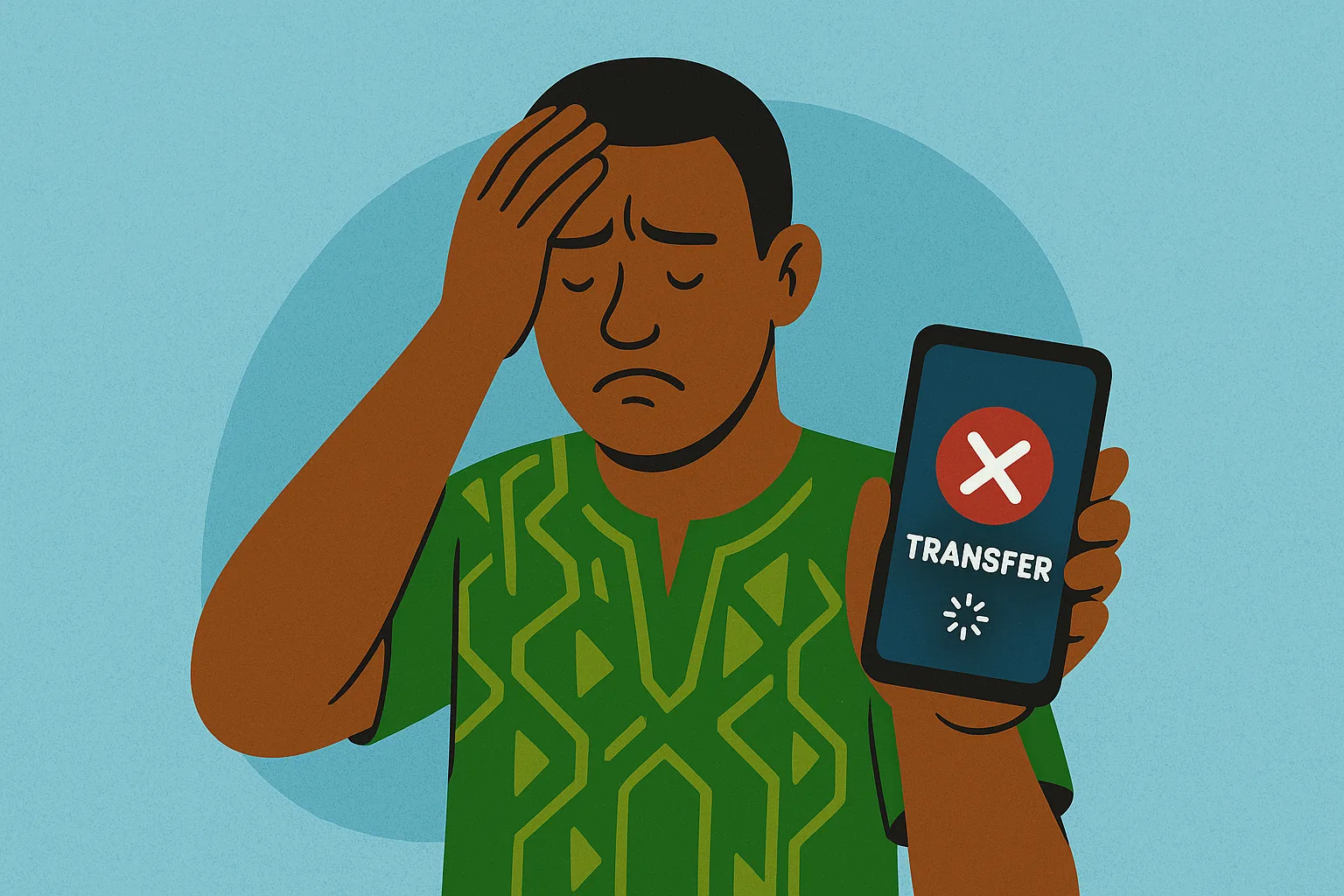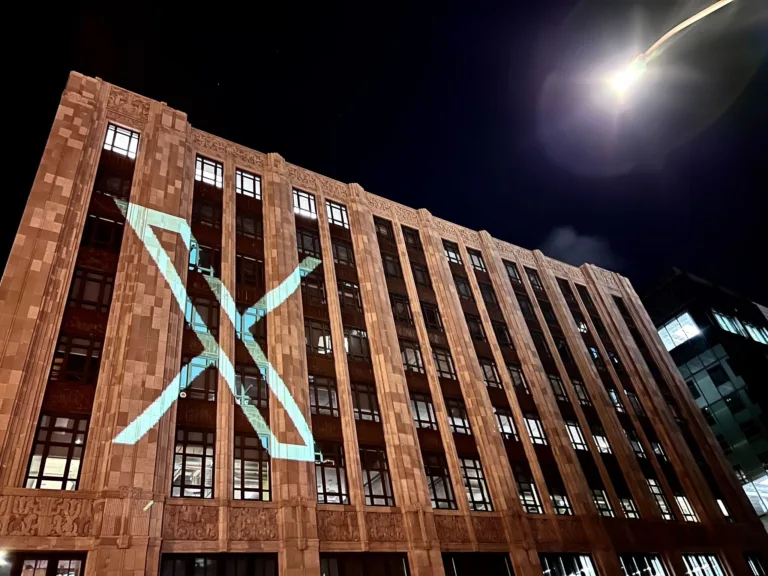Across Nigeria, cash is still king. When you go to the market to buy food or hop on a bus, most people still feel safer paying with cash. There is something about holding naira notes that gives a sense of control. Even though apps, USSD codes, and online wallets are everywhere now, many Nigerians still hesitate. The truth is, a lot of people just do not fully trust digital payments yet.
The distrust is not just about fear of technology. It is rooted in past experiences, poor infrastructure, and the daily realities of living in a country where internet connections, electricity supply, and customer support are not always reliable. To understand why many Nigerians remain cautious, it is important to look at the real issues behind this gap in trust.
Why Do Nigerians Prefer Cash Over Digital Payments?
Cash has always carried a sense of certainty for Nigerians. When you hand money to a trader at Balogun Market in Lagos or pay a keke driver in Kano, the exchange is immediate. There is no waiting for network signals, no wondering if your bank app will freeze, and no need to pray for a reversal if something goes wrong. That feeling of control is something many people are not ready to give up.
Digital payments, on the other hand, still feel risky to many. Stories of failed transactions spread quickly, and almost everyone has their own personal experience. You walk into a supermarket, pay with a transfer, only for the cashier to say “no alert yet.” Meanwhile, your bank has already debited you. Now you are standing in line, embarrassed, holding up other customers while hoping the transaction clears. Sometimes the money bounces back within hours, but other times it takes days or even weeks.
These small but frequent experiences build frustration. People begin to see cash as the stress-free option. With cash, there is no suspense, no network delay, no customer service ticket to open. For daily survival where time and trust are crucial, Nigerians often feel cash simply works better.
Fraud is another major reason behind distrust. Stories of online scams spread quickly, especially in a society where word of mouth is powerful. From phishing links to fake investment platforms, many Nigerians have either been victims themselves or know someone who has lost money online.
USSD fraud and fake bank alerts are also common. For someone who has worked hard to earn money, the fear of losing it through a digital platform can be stronger than the convenience the platform offers. Without guarantees of security, people naturally lean toward cash.
There is also the social side. In Nigeria, people like to “see” money move. For example, paying a bricklayer, mechanic, or tailor with physical notes feels like proof of a real transaction. For some, receiving a text alert is not enough; they want to count the notes and be sure. In many communities, digital transactions are seen as too abstract, while cash gives that physical assurance.
So the preference is not just about habit. Until digital payments consistently deliver that same sense of certainty, cash will continue to win in everyday transactions.

How Reliable Are Digital Payment Systems in Nigeria?
Reliability is one of the biggest hurdles for digital payments in Nigeria. Yes, things have improved compared to a few years ago, but many users still struggle with trust. A simple transfer can sometimes feel like a gamble, and nobody wants to gamble with their hard-earned money.
Network disruptions are a common headache. You might try to send money only to get the dreaded “transaction failed” message, or worse, see the debit go through without confirmation. On festive days like Christmas, Salah, or even month-end when millions of people are trying to pay bills or send allowances back home, the system often gets congested. Transactions hang, alerts delay, and some people end up paying twice just to get things moving.
Power supply adds another layer of uncertainty. Banks and fintech companies rely on stable electricity and data centers, but power cuts and generator downtime can affect operations. Even mobile apps freeze up when network coverage drops, leaving customers stranded at the point of payment.
The Nigeria Inter-Bank Settlement System (NIBSS) has reported steady growth in digital adoption. More Nigerians are using transfers, POS, and mobile apps than ever before. But along with this growth, complaints about failed or delayed transactions have also risen. For many, the math is simple: if a system cannot guarantee smooth payments all the time, then it cannot fully replace cash.
In everyday life, this inconsistency matters. A mother trying to pay school fees cannot afford to wait three days for a reversal. A shop owner cannot hand out goods without receiving payment confirmation. These practical realities show why reliability is more than just a technical issue, it directly affects trust.
Are Banks and Fintechs Doing Enough to Build Trust?
Banks and fintechs in Nigeria have spent billions of naira pushing the idea of a cashless society. Billboards promise convenience, ads celebrate fast transfers, and influencers tell young people that cash is outdated. But trust is not built by marketing, it is built by experience.
The real test comes when something goes wrong. Many Nigerians can tell stories of failed transfers that took days to reverse, or of debit alerts without credit on the other side. In these moments, customer service often feels like an extra problem instead of a solution. Long queues at bank halls and slow responses from online chatbots create the sense that users are on their own. That gap between what is promised and what is delivered is what keeps many glued to cash.
On the fintech side, companies like Opay, Palmpay, and Moniepoint are trying to change this narrative by focusing on speed, refunds, and fraud protection. Some have built reputations for resolving issues faster than banks, which is why market women, transport workers, and small businesses are adopting their wallets. But even these platforms face outages when networks are congested or when regulators place restrictions.
For Nigerians, consistency matters more than convenience. People already know how easy it is to send money with USSD or apps, but they also know how stressful it can be when the system fails. Until banks and fintechs can make reliability and quick problem resolution the norm rather than the exception, trust will remain fragile and cash will continue to feel like the safer option.
What Role Does Government Policy Play?
Government policy has always been at the center of how Nigerians engage with money. The Central Bank of Nigeria (CBN) has consistently promoted a cashless policy, with the goal of reducing cash handling, curbing fraud, and bringing more people into the formal financial system. On paper, this looks like progress. In reality, policy outcomes are judged not by intention but by lived experience.
The 2023 naira redesign and cash shortage is a perfect example. Millions of Nigerians had no choice but to use transfers, USSD, and digital wallets since physical cash was scarce. Instead of building confidence, the system cracked under the pressure. Networks failed, transfers got stuck, and traders began to reject bank alerts because they had seen too many transactions hang in limbo. The very moment that could have proven the strength of digital payments became proof for many that the system was unreliable.
Policy also shapes trust through consistency. Nigerians are quick to notice when regulations appear rushed, poorly communicated, or disconnected from the realities of daily life. When sudden limits on withdrawals or transaction charges are introduced without clear preparation, it feeds the idea that financial systems can shift overnight, leaving ordinary people exposed. For a market woman or a bus driver, trust is not just about whether the technology works, it is also about whether the rules around it are stable.
This is why many Nigerians still treat digital payments as a backup rather than their first option. The memory of policy-driven shocks lingers. To change this, government intervention has to move beyond directives. Only when people feel that policies are designed with their realities in mind, and not just as top-down mandates, will trust begin to grow.
Even with the distrust, digital payments are not going away. Younger Nigerians are adopting them quickly, especially for online shopping, ride-hailing, and bill payments. As fintech companies improve technology and customer support, and as the government strengthens regulation, trust will slowly grow.
The truth is that Nigeria is on a journey. Building trust in digital payments will take time and visible improvements. People need to see fewer failed transactions, faster reversals, better fraud prevention, and excellent customer service.
Trust cannot be forced. It is earned through daily experiences. For many Nigerians, digital payments will only become the default when they work as smoothly and reliably as cash. Until then, cash will remain king, but the future is clearly digital, waiting to be embraced when confidence catches up.




